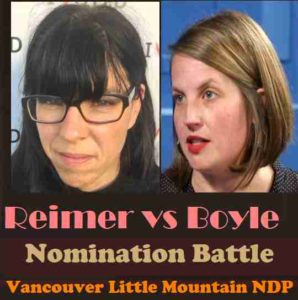
The BC NDP being the finely-tuned machine that they are, yesterday morning following the announcement of the decision by British Columbia’s current Environment Minister George Heyman to not seek re-election in the upcoming October 19th provincial election, Mr. Heyman introduced past three-term Vancouver City Councillor Andrea Reimer as his, and the New Democratic Party’s, chosen candidate to run in the newly-created riding of Vancouver-Little Mountain.
Some big news! I am stepping up for my community and asking for your support to become Vancouver-Little Mountain’s next MLA.
Together, we can build a strong future for everyone in Vancouver-Little Mountain, and throughout our province. https://t.co/iuywHsYRPq pic.twitter.com/ewxMNHkcEc
— Andrea Reimer (she/her) (@andreareimer) March 4, 2024
This was a textbook roll-out of a campaign for a BC NDP nomination.

Andrea Reimer, NDP candidate for nomination in the newly-created riding of Vancouver-Little Mountain
Given the problems the BC NDP have suffered the past couple of months — Mitzi Dean’s removal as Minister of Children and Family Development due to incompetence, and the resignation / firing of former Finance Minister Selina Robinson, arising from recent intemperate remarks she made respecting the Hamas-Israeli war — the BC NDP were looking for an unimpeded good news announcement to get their re-election campaign underway on an upbeat note.
And all went well … for an hour.

Endorsements, clockwise: former BC NDP Minister, Melanie Mark; noted environmentalist, Tzeporah Berman; community organizer, Tessica Truong; Squamish Nation Chairperson, Khelsilem
Endorsements rolled in, the party had created a first-rate campaign video featuring Joy McPhail, an impressive ‘Andrea Reimer for Vancouver-Little Mountain’ website was up and on the web almost immediately (if faulty for part of the day), the response to Ms. Reimer’s candidacy almost universally supportive, praising, respectful and hopeful.
Here was the BC NDP with a first-rate candidate for office, a pol of the first order, and a much loved community organizer. The BC NDP and almost all of its supporters were over-the-moon. What a great and glorious day to behold!
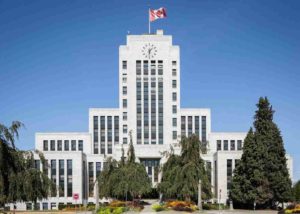
An aside
Life in politics isn’t easy. As became abundantly clear in the first half of the video interview with Naomi Klein, on the VanRamblings post we put up yesterday, those with opinions, and those in the public eye are often the subject of vicious commentary. The press weighs in, and are often unkind in their commentary, even if not meaning to be such. Then there are ne-er-do-wells like that Raymond Tomlin character and his VanRamblings blog — well, we all know he’s a scandal and rumour-monger, and any commentary he makes is to be derided and studiously avoided.
We will say at this point that VanRamblings is the subject of an injunction which prevents us from writing about Vancouver City Councillor, Christine Boyle. Tossing caution to the wind, and despite the possibility of VanRamblings being thrown into the hoosegow, we will today write about the esteemed Ms. Boyle, despite the dire consequences it may bring to our personal safety, and freedom to move about.
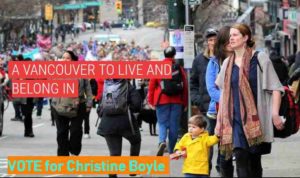
A OneCity Vancouver poster for Christine Boyle’s 2018 candidacy for Vancouver City Council
Upon being elected to Vancouver City Council in 2018, Christine Boyle found herself turning to Andrea Reimer, a successful three-term Vision Vancouver City Councillor, who mentored Ms. Boyle, and over the years became a confidante and something of a mother confessor. Both Ms. Reimer and Ms. Boyle had sat as City Councillors, both are women of some note, both are relatively young yet well-experienced, both share much in common. Ms. Reimer became a sympathetic ear for Ms. Boyle, and a source of valued input and counsel for the novice Councillor.
To say that Ms. Reimer and Ms. Boyle are close would be to understate the matter.
I’ve spent many years working on issues that matter to residents in Little Mountain, and across Vancouver and BC.
I’m grateful to the many folks who have encouraged me to put my name forward. I look forward to connecting with even more folks in the weeks and months to come. 2/
— Christine Boyle (@christineeboyle) March 4, 2024
Imagine the surprise, then — to Andrea Reimer, the BC NDP, Premier David Eby and Environment Minister George Heyman, and many others — when within an hour of the announcement of Andrea Reimer’s BC NDP-endorsed candidacy in the riding of Vancouver-Little Mountain, current Vancouver City Councillor Christine Boyle announced her candidacy to seek the Vancouver-Little Mountain BC NDP nomination!
As we wrote to friends yesterday, “There is no honour in politics.” Sadly.

VanRamblings figures that Andrea Reimer — on one of the best days of her life — must feel devastated. We figure, too, that there are those within the BC NDP — particularly those who were involved in the meticulous roll-out of Andrea Reimer’s BC NDP candidacy in the newly-created riding of Vancouver-Little Mountain — who are feeling a degree of disappointment and anger, directed at Christine Boyle.
From Katie DeRosa’s article in The Vancouver Sun, on the nomination battle …
(Andrea) Reimer has been involved with the NDP riding association for Vancouver-Fairview for years and is now on the executive of the Vancouver-Little Mountain riding.
“George asked me to consider taking it on when he stepped down,” said the 52-year-old.
Reimer said she has first-hand experiences with the gaps in the system, as she spent time as a youth living on the streets and has been renovicted from rental homes more than a dozen times. Reimer was adopted at six months old and only discovered her Cree and Métis ancestry in 2015.
“I’ve dedicated my life to closing gaps,” said Reimer, who is now an adjunct professor of practice at UBC’s school of public policy and global affairs.
Reimer said during her time on council she was able to garner support for “world-leading” policies such as renewable energy strategies and pushed for Vancouver to become one of the first local councils to back the United Nations Declaration on the Rights of Indigenous Peoples.

(Note: We were kidding about the injunction respecting writing about Vancouver City Councillor and BC NDP Vancouver-Little Mountain nominee candidate, Christine Boyle. Although, truth-to-tell, we sometimes wonder, given the vitriol to which we are subject whenever we write about the good Ms. Boyle).

Let us state for the record: Christine Boyle has every right to seek the BC NDP Vancouver-Little Mountain nomination — and, we imagine, feels an obligation to do so, otherwise she would not have put her name forward for nomination.
Councillor Boyle has served her constituents well and with honour in her five years in elected office at Vancouver City Hall. Hers is a voice of compassion and of community, and if we might be so bold as to say so, “fighting for the little guy,” the most recent example? Her (sadly, unsuccessful) work to reinstate the Livable Wage Policy at Vancouver City Hall.
From Katie DeRosa’s article in The Vancouver Sun, on the nomination battle …
(Christine) Boyle, a United Church minister and a social justice advocate who spent years working on the Downtown Eastside, was endorsed by veteran federal NDP MP Libby Davies.
She said it was unusual that Heyman endorsed Reimer but said she doesn’t think that will be a hindrance in the nomination race. Boyle worked on Heyman’s team when he was competing against former Vancouver city councillor Geoff Meggs for the nomination in 2012.
Boyle, who considers Premier David Eby a personal friend, said she has a long history with the riding. She was born and raised in the riding, where her parents still live, and was heavily involved in advocating for those who lost their homes when the Little Mountain social housing complex was demolished.
Boyle, the most left-leaning member of Vancouver council, pushed for Vancouver council to declare a climate emergency and for the city to ramp up its emission reductions efforts. She’s also been a strong proponent for more affordable housing and higher density buildings in residential neighbourhoods.
Boyle said she and Reimer share many of the same values which is why “I do think it’s unfortunate that we’re running against each other.”
“When people look from the outside I think they see conflict,” Reimer said. “But from the inside in politics, nomination (races) between two strong candidates is a sign that your party is very healthy.”
Imagine Ms. Boyle’s desire, if you will, to be a Member of the Legislature within a BC NDP government that sets about — as has consistently proved to be the case — to implement Ms. Boyle’s most cherished personal and political goals, to be an unfettered part of change for the better, in a government that means to do well.
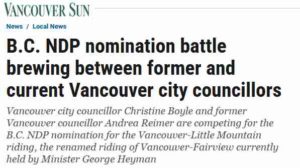
For less colourful coverage of the upcoming battle for the British Columbia New Democratic Party nomination in the Vancouver-Little Mountain riding, you’ll want to read Katie DeRosa’s thorough and even-handed coverage in The Vancouver Sun.
As Ms. DeRosa writes, “The nomination vote will take place in April.”

VanRamblings wishes Christine Boyle and Andrea Reimer the best of good fortune in their quest to secure the Vancouver-Little Mountain nomination.
History. Tomorrow on VanRamblings, a related 1979 nomination battle. You’ve got to organize to win.
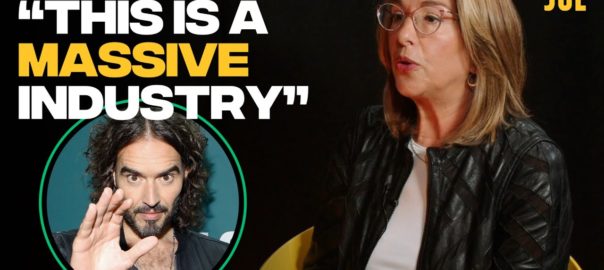

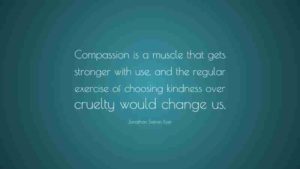
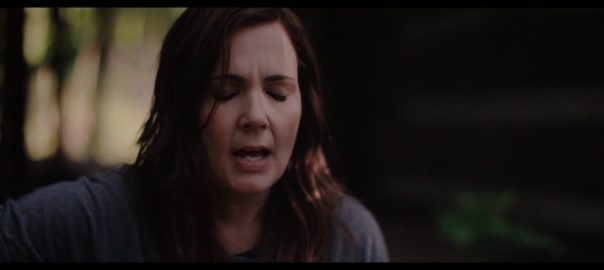
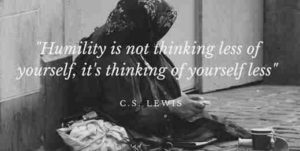
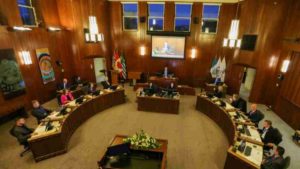
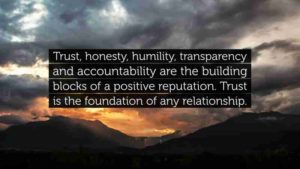
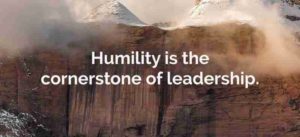
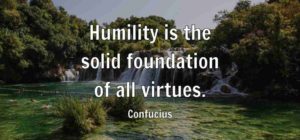

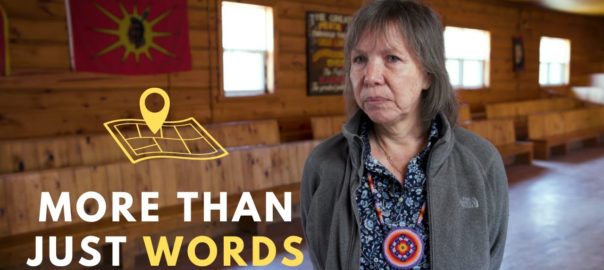

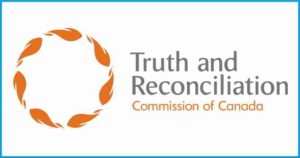

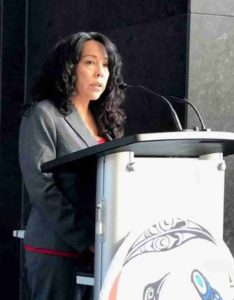 Joanne Mills says for reconciliation to take shape, there needs to be an honest attempt to restore to Indigenous people what was taken at the time of colonization.
Joanne Mills says for reconciliation to take shape, there needs to be an honest attempt to restore to Indigenous people what was taken at the time of colonization.